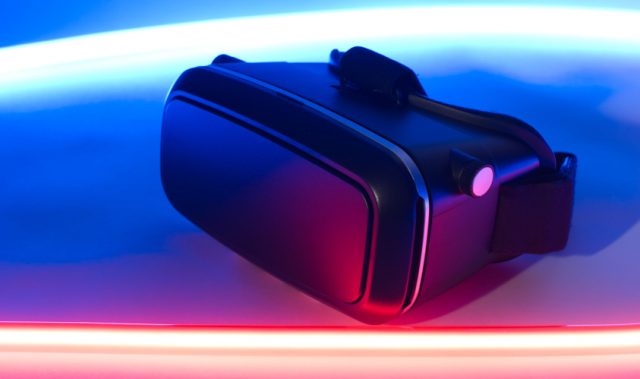
AsianScientist (Sep. 1, 2016) – Researchers in China have shown how AlphaGo and artificial intelligence (AI) programs like it possess the computational architecture to handle complex problems. The work was published in the IEEE/CAA Journal of Automatica Sinica.
Invented over 2,500 years ago in China, Go is a game in which two players battle for territory on a gridded board by strategically laying black or white stones. While the rules are simple, Go is vastly more complex than chess. In chess, the total number of possible games is on the order of 10100; in Go, it is 10700. This complexity is what makes Go so attractive to AI researchers, and programs that could learn to play Go well would, in some ways, approach the complexity of human intelligence.
On March 15, 2016, Lee Sodol, an 18-time world champion of the ancient Chinese board game of Go, was defeated by AlphaGo in a historic event in the field of AI. But Google Deep Mind, the team behind AlphaGo, did not create any new concepts or methods of artificial intelligence. They instead integrated and implemented recent data-driven AI approaches, especially deep learning. This branch of AI deals with learning how to recognize highly abstract patterns in unlabeled data sets, mainly by using computational networks that mirror how the brain processes information.
According to Dr. Wang Fei-Yue from the Institute of Automation, Chinese Academy of Sciences and colleagues, this kind of neural network approach can be considered a specific example of a more general technique called artificial systems, computational experiments, and parallel execution (ACP). ACP effectively reduces the game space AlphaGo must search through to decide on a move.
Instead of wading through all possible moves it can make, AlphaGo is trained to recognize game patterns by continuously playing games against itself and examining its game play history, the authors say. In effect, AlphaGo gets a feel for what Go players call the ‘shape’ of a game. Developing this kind of intuition is what the authors believe can also advance the management of complex engineering, economic and social problems.
The article can be found at: Wang et al. (2016) Where Does AlphaGo Go: from Church-Turing Thesis to AlphaGo Thesis and Beyond.
———
Source: IEEE/CAA Journal of Automatica Sinica.
Disclaimer: This article does not necessarily reflect the views of AsianScientist or its staff.











